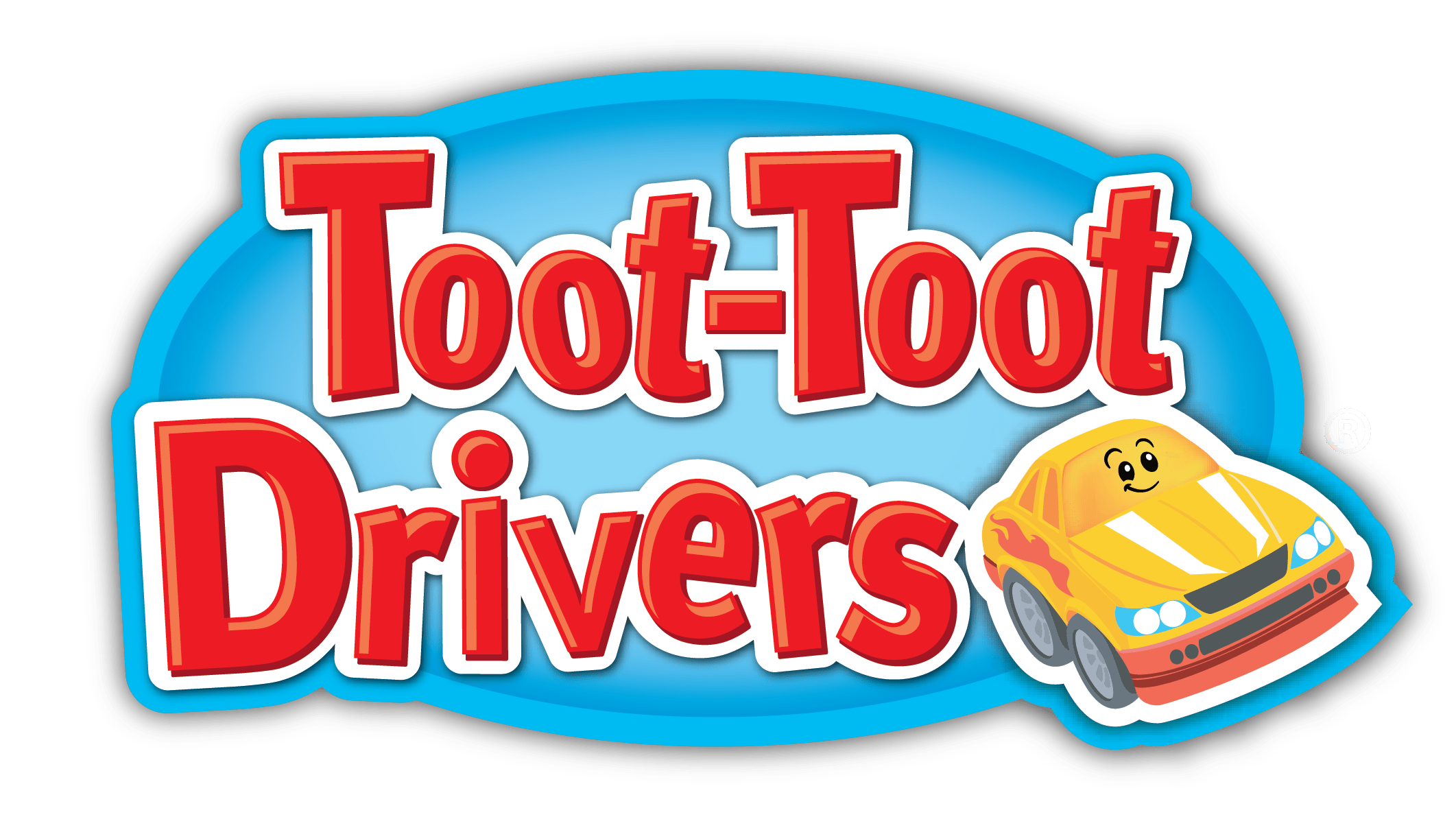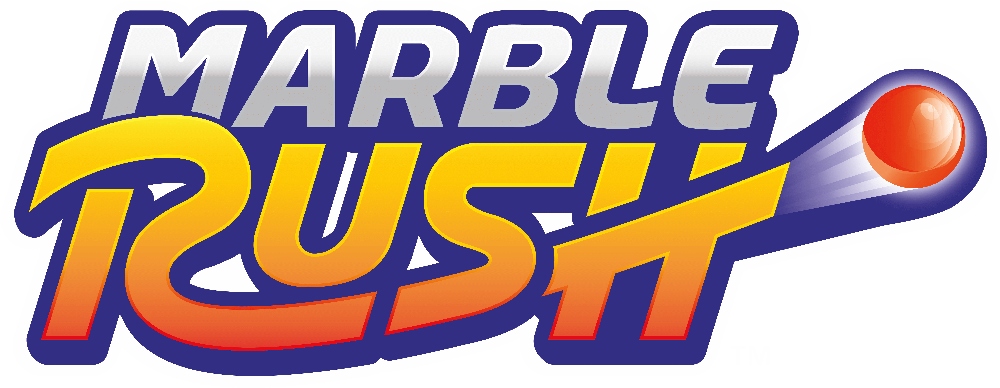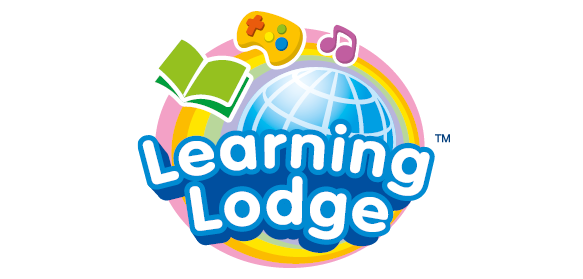Why Join VTech Club?
Joining is free, fast and full of great benefits, such as:
- Promotions and offers
- Monthly £1,000 prize draw*
- Regular competitions
- Special offers for our members
Added benefits
- Register your VTech products
- Apply to be a Product Tester

Play is an essential part of every child’s development. But when does it start and how do we recognise it? <br /><br />Play in infants can be either solitary or social, and babies learn a lot about their world through movement. From a very early age infants’ movements are rhythmic and exploratory. Some psychologists categorise this early type of behaviour as exploration rather than play, but this view is contradicted by simply watching young infants when they are laid flat on their changing mat. With fewer clothes, their limbs are free to move, and this enables them to perform circular, repetitious movements with both their arms and legs. During this process, their faces will show both animation and effort. If leaping up and down for the older child is play then certainly the young baby on the changing mat is playing and experiencing the joy of movement. <br /><br />Once infants have developed enough muscle to move their heads independently, they will begin to track objects with their eyes, moving their head to keep it in view. Mobiles placed above a baby’s play-mat are a perfect example of objects which stimulate visual tracking behaviour. In parallel with the development of their physical skills, infants’ ability to engage in exploratory play activities also increases with time and practice. <br /><br />Within a number of months, infants begin to develop fine-tuned motor skills - babies can be seen passing an object from one hand to the other, mouthing the object and dropping the object. These are all examples of a baby’s early experimentation with the world. Do objects always fall downwards? Can an object hidden by a blanket be revealed if the blanket is removed? Infants intuitively understand about gravity from an early age and by the second half of their first year they are beginning to understand that just because an object is hidden from view, it does not mean that it has disappeared. This implies they have an understanding of what psychologists call ‘object permanence’.<br /><br />Recently, a parent at the London Baby Show asked me for advice about playing with her four-month-old baby. I asked about her interactions with her infant during the day and she described how her baby responded to her presence and became animated. The mother soon began to realise that the vocal but pre-verbal interaction that she had with her baby had a playful quality, that the cooing, smiling and animated interactions were the beginnings of play, and that all of these interactions were important in aiding the development of her baby’s social competence.<br /><br />Brain development is rapid during the first year of life and playing games linked to a baby’s emerging abilities facilitates development. For example, at the same time that infants begin to realise that objects can reappear they also take great delight in the game of peek-a-boo. Parents can engage in a playful interaction with their baby by simply using their hands to hide their face for a few seconds and then removing their hands accompanied by a resounding ‘boo!’. But always be sensitive to when baby is becoming tired or overwhelmed by the game. Babies let you know when they have had enough stimulation by losing eye contact and turning their heads to the side. <br /><br />Play teaches babies that they can have an effect on the world but, more importantly it helps them to develop their social skills. <br />













 Download
Download




